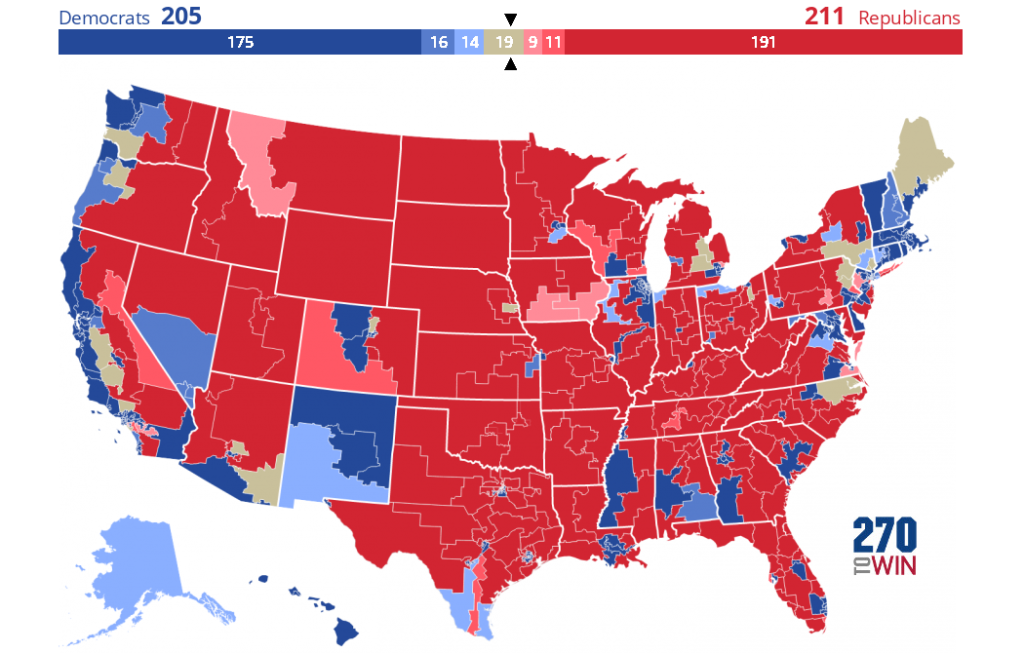In Anchorage, Alaska, two highly contested House election races are underway, with challengers scrutinizing incumbents’ education records. In District 11, nonpartisan candidate Walter Featherly trails incumbent Rep. Julie Coulombe by a mere 121 votes. Featherly criticizes Coulombe’s reversal on education funding, arguing she initially supported a comprehensive package but succumbed to political pressure.
Coulombe defends her decision, explaining that overriding the governor’s veto would have resulted in no school funding this year. She secured a one-time funding increase instead, aiming for a long-term solution.
In District 22, Democrat Ted Eischeid leads incumbent Republican Rep. Stanley Wright by a narrow margin of 35 votes. Eischeid, a retired teacher, faults Wright’s overall education record, citing votes against funding increases and a public employee pension bill.
Eischeid contends that Wright’s single vote to override the governor’s veto is insufficient, given his broader voting history. Wright did not respond to comments.
These tight races will determine control of the state legislature. Challengers are capitalizing on education concerns, forcing incumbents to justify their records. Voters will decide in November.
As the election approaches, education remains a paramount issue. Parents and teachers are speaking out, demanding increased support for schools. The challengers’ focus on education records has pressured incumbents to explain their votes. Coulombe and Wright must convince voters they’re committed to education despite their controversial ballots. The outcome will significantly impact Alaska’s education future, making these House election races crucial for the state’s students and teachers.
This news story was originally published by Alaska News Source.











